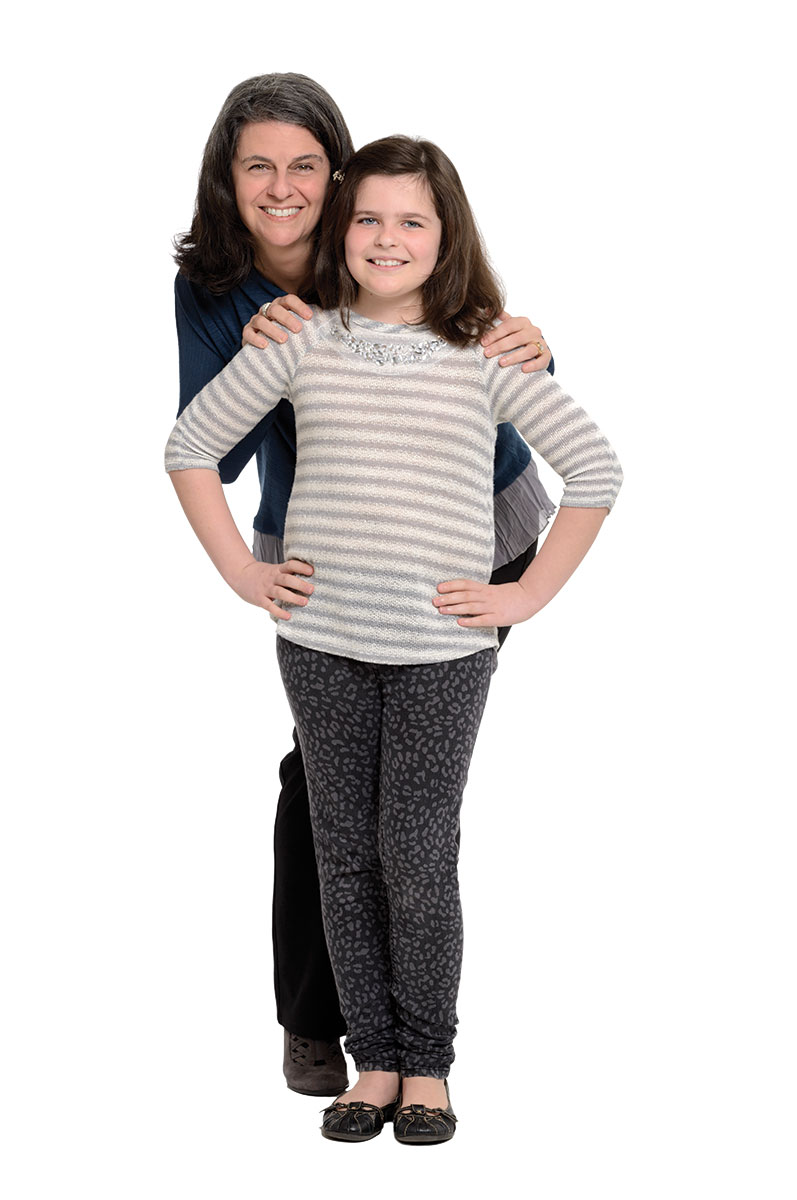
Parenting is more than checking off boxes; it’s about nurturing positive well-being for both children and parents, according to the University of Washington Center for Child and Family Well-Being (CCFW). No doubt the mission is an important one, but for center director Liliana Lengua, Ph.D., a professor of psychology, well-being means more than good general health. It means flourishing.
How do you define well-being, and how can families improve their own well-being?
We focus on well-being at our center because it goes beyond the absence of health and mental health problems to include the idea of “flourishing” — being happy, healthy, satisfied and successful. We also look beyond the well-being of an individual child and consider the well-being of the family and community surrounding that child.
Parents are absolutely fundamental in supporting their children’s well-being, and the systems surrounding the parents are critical in supporting them. Families need good living conditions (stable housing, food, employment, family-friendly work policies), good health and mental health care, safe neighborhoods, stable and meaningful social connections and high-quality, accessible child care and educational settings.
Founded in 2011, CCFW is relatively new. What inspired the idea?
We started the center as a collaborative effort among faculty who do research related to children’s development, mental health and well-being. It usually takes 10–20 years for only about 10 percent of research findings to impact practice. We wanted to change that so research had a more meaningful impact on parenting, health and mental health practices, education and policy. So we built CCFW around the goal of creating opportunities for collaborative, multidisciplinary research and disseminating the findings of our research to the community.
What are you most proud of so far?
I am most proud of our faculty and staff’s collaborative spirit and commitment to improving the lives of children and families. Each of the faculty affiliated with our center is an accomplished researcher doing critically important work, so each of them deserves recognition for his or her own research. But as a group, we are committed to learning from each other, expanding our expertise, and having a meaningful impact on children and families. It’s inspiring and humbling for me to be working with each of our affiliates.
What are CCFW’s greatest challenges?
The greatest challenges are trying to communicate what we do. Multidisciplinary work is complicated and not easily communicated in sound bites. In the same way, the problems we are working to address are complicated and not solved with a silver bullet. We are trying to research and disseminate “whole child” solutions to complex, multisystem problems. That’s a whopping challenge!
Focus on a couple of main, overarching principles...be loving, be consistent and be balanced.
Tell us about your research.
My own research examines the impact of stress, adversity and economic disadvantage on children’s social-emotional development, self-regulation and mental health. It focuses on the role that parents, families and other protective relationships play in supporting children’s resilience when they experience adversity.
Over the years, we’ve studied parenting in families experiencing economic disadvantage, an accumulation of risk factors, parental mental health problems and divorce. Although parents are more likely to struggle in these contexts and are more likely to display problems in their parenting when they experience stress, it is also amazing how committed parents are to doing and being the best they can for their children. We see that when parents can sustain effective parenting even in the face of adversity, children fare better.
Based on this, I would love to see parents get the resources, support, training and information they need to be effective and to support their children’s well-being and resilience. I have developed a parenting program that incorporates mindfulness and self-regulation strategies for parents to support loving, nurturing and consistent parenting behaviors, and I’m advocating for increased support and resources for parents in families experiencing adversity.
What is the main message that you want to share with new parents?

There is so much parenting advice out there, and it’s often contradictory. The big message that I often share is that parents can focus on a couple of main, overarching principles and tap into their own wisdom to guide most of their parenting. Be loving, be consistent and be balanced. For children, the loving warmth and consistency they experience from their parents helps them weather the stress and adversity that might arise in their lives.
What are you hoping CCFW will contribute to all of the other great academic departments and centers at the UW?
Our unique contribution is that we approach this using a bioecological, or “whole child,” model that addresses the roles of parents, families, schools, communities and systems in children’s resilience in the face of adversity. In addition, we are working to infuse mindfulness, compassion and effective skills into the lives of children, parents, caregivers, educators and practitioners.
To accomplish this, it takes multiple perspectives. These are complicated problems that affect multiple systems that impact children. [As such,] CCFW has over 20 faculty affiliates from across several disciplines, including education, nursing, pediatrics, psychology, psychiatry, social work and public health working toward solutions.











